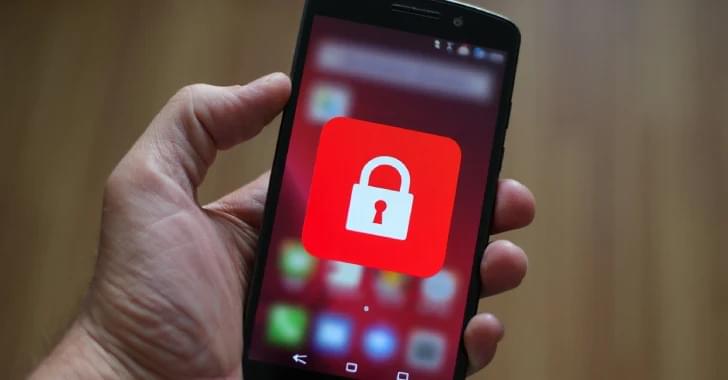Anthropic stopped AI-driven cyberattacks in July 2025, blocking extortion demands up to $500K targeting 17 groups.



Microsoft warns that a threat actor tracked as Storm-0501 has evolved its operations, shifting away from encrypting devices with ransomware to focusing on cloud-based encryption, data theft, and extortion.
The hackers now abuse native cloud features to exfiltrate data, wipe backups, and destroy storage accounts, thereby applying pressure and extorting victims without deploying traditional ransomware encryption tools.
Storm-0501 is a threat actor who has been active since at least 2021, deploying the Sabbath ransomware in attacks against organizations worldwide. Over time, the threat actor joined various ransomware-as-a-service (RaaS) platforms, where they used encryptors from Hive, BlackCat (ALPHV), Hunters International, LockBit, and, more recently, Embargo ransomware.

Threat researchers discovered the first AI-powered ransomware, called PromptLock, that uses Lua scripts to steal and encrypt data on Windows, macOS, and Linux systems.
The malware uses OpenAI’s gpt-oss:20b model through the Ollama API to dynamically generate the malicious Lua scripts from hard-coded prompts.

The U.S. National Security Agency (NSA), the UK’s National Cyber Security Centre (NCSC), and partners from over a dozen countries have linked the Salt Typhoon global hacking campaigns to three China-based technology firms.
According to the joint advisories [NSA, NCSC], Sichuan Juxinhe Network Technology Co. Ltd., Beijing Huanyu Tianqiong Information Technology Co., and Sichuan Zhixin Ruijie Network Technology Co. Ltd. have provided cyber products and services to China’s Ministry of State Security and the People’s Liberation Army, enabling cyber espionage operations tracked as Salt Typhoon.
Since at least 2021, the Chinese threat actors have breached government, telecommunications, transportation, lodging, and military networks worldwide, stealing data that can be used to track targets’ communications and movements worldwide.




Google is introducing a new defense for Android called ‘Developer Verification’ to block malware installations from sideloaded apps sourced from outside the official Google Play app store.
For apps on Google Play, there was already a requirement for publishers to provide a D-U-N-S (Data Universal Numbering System) number, introduced on August 31, 2023.
Google says this has had a notable effect in reducing malware on the platform. However, the system didn’t apply to the vast developer ecosystem outside the app store.

State-sponsored hackers linked to the Silk Typhoon activity cluster targeted diplomats by hijacking web traffic to redirect to a malware-serving website.
The hackers used an advanced adversary-in-the-middle (AitM) technique to hijack the captive portal of the network and send the target to the first-stage malware.
Google Threat Intelligence Group (GTIG) tracks the threat actor as UNC6384 and, based on tooling, targeting, and infrastructure, believes it is associated with the Chinese threat actor TEMP.Hex, also known as Mustang Panda and Silk Typhoon.

Nevada remains two days into a cyberattack that began early Sunday, disrupting government websites, phone systems, and online platforms, and forcing all state offices to close on Monday.
The impact of the attack was first felt on Sunday morning, with the Governor’s Technology Office stating that a ‘network issue’ began around 1:52 AM PT, affecting the state’s IT systems.
The Governor’s Technology Office warned that websites, online services, and phone lines could be slow or unavailable as teams worked to restore service.